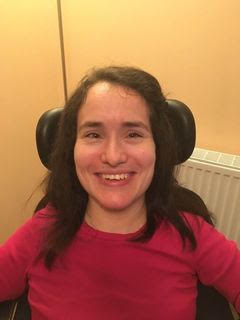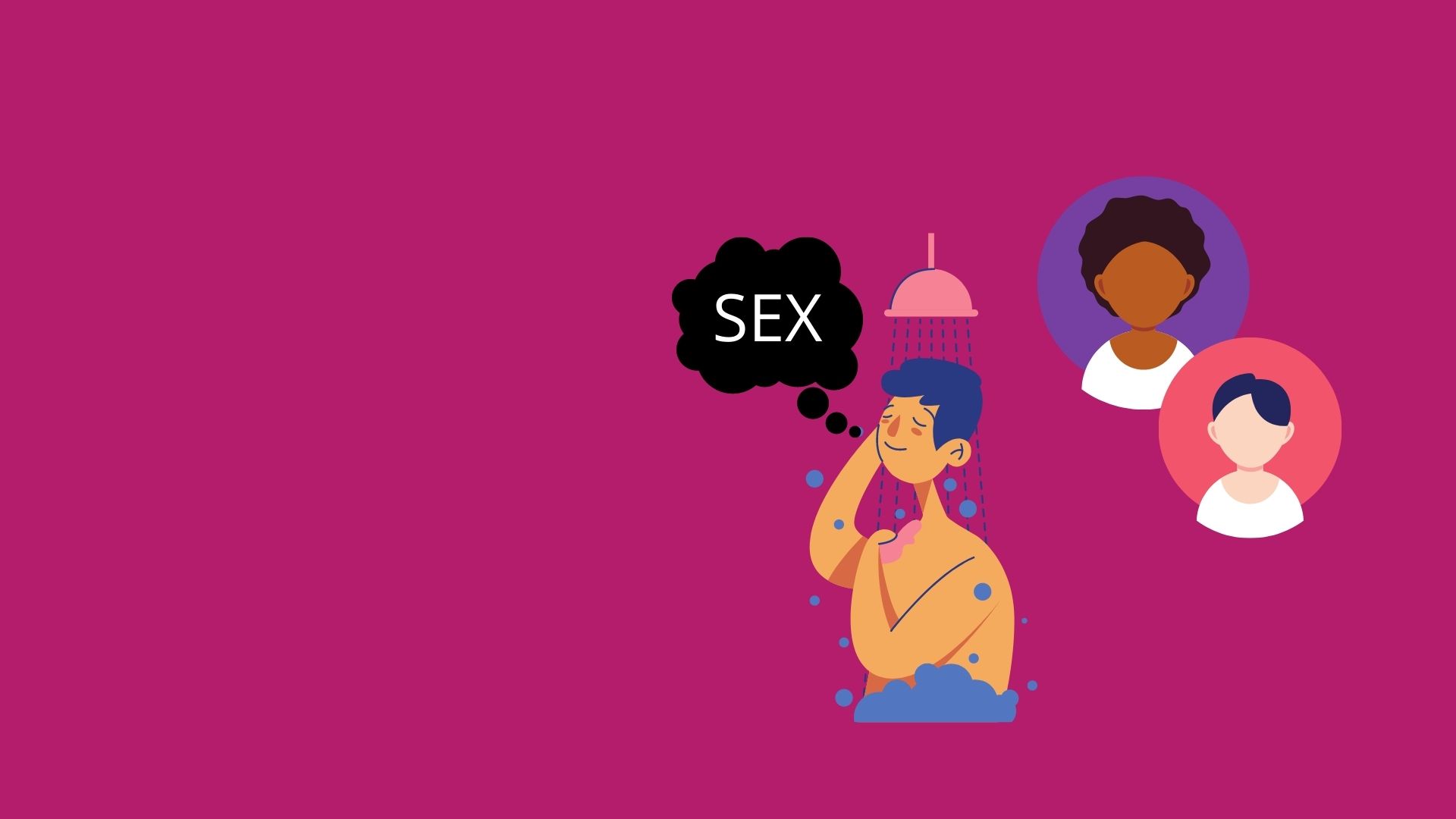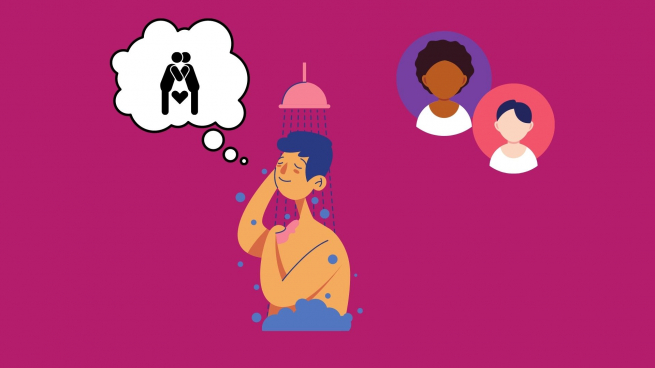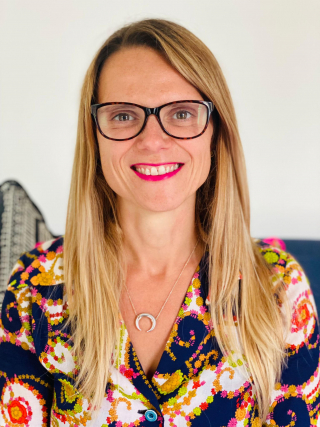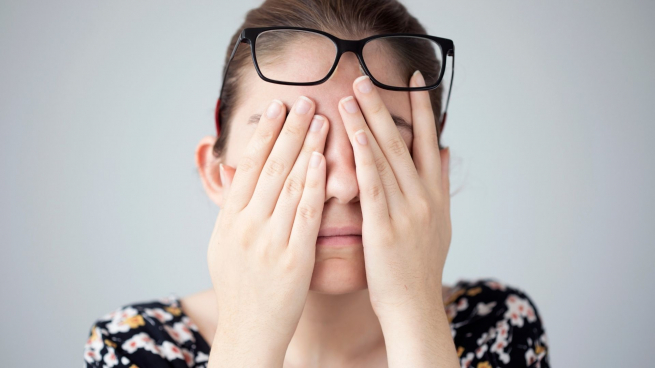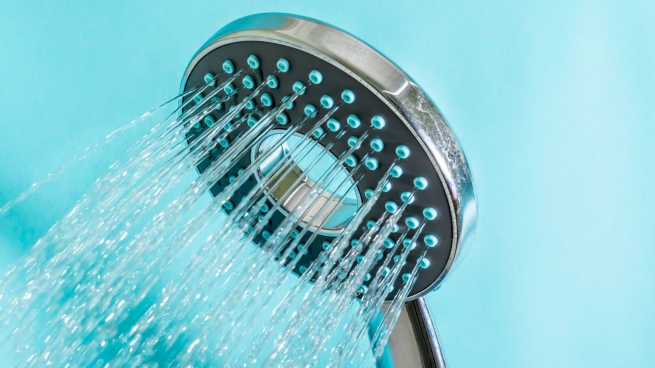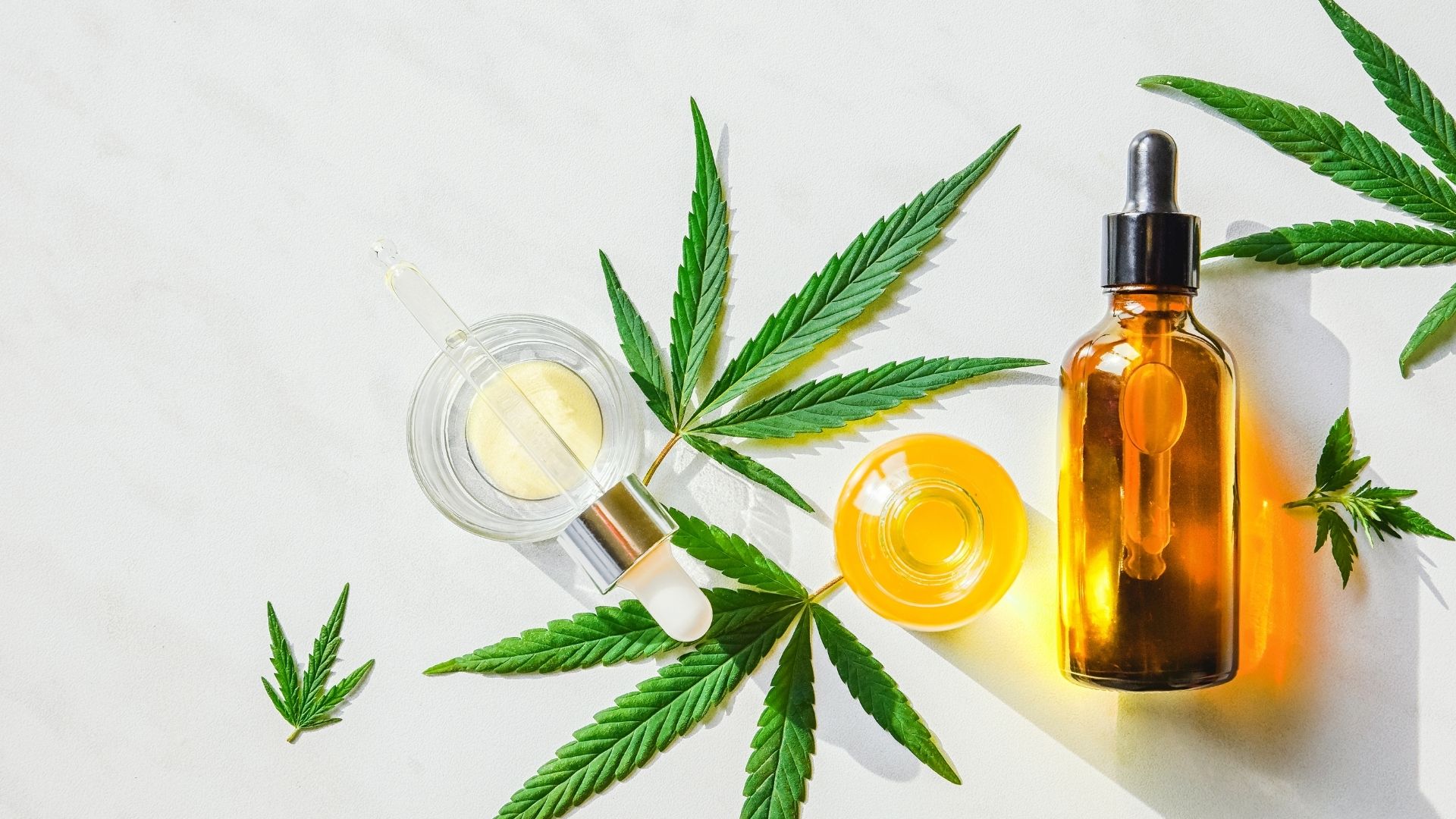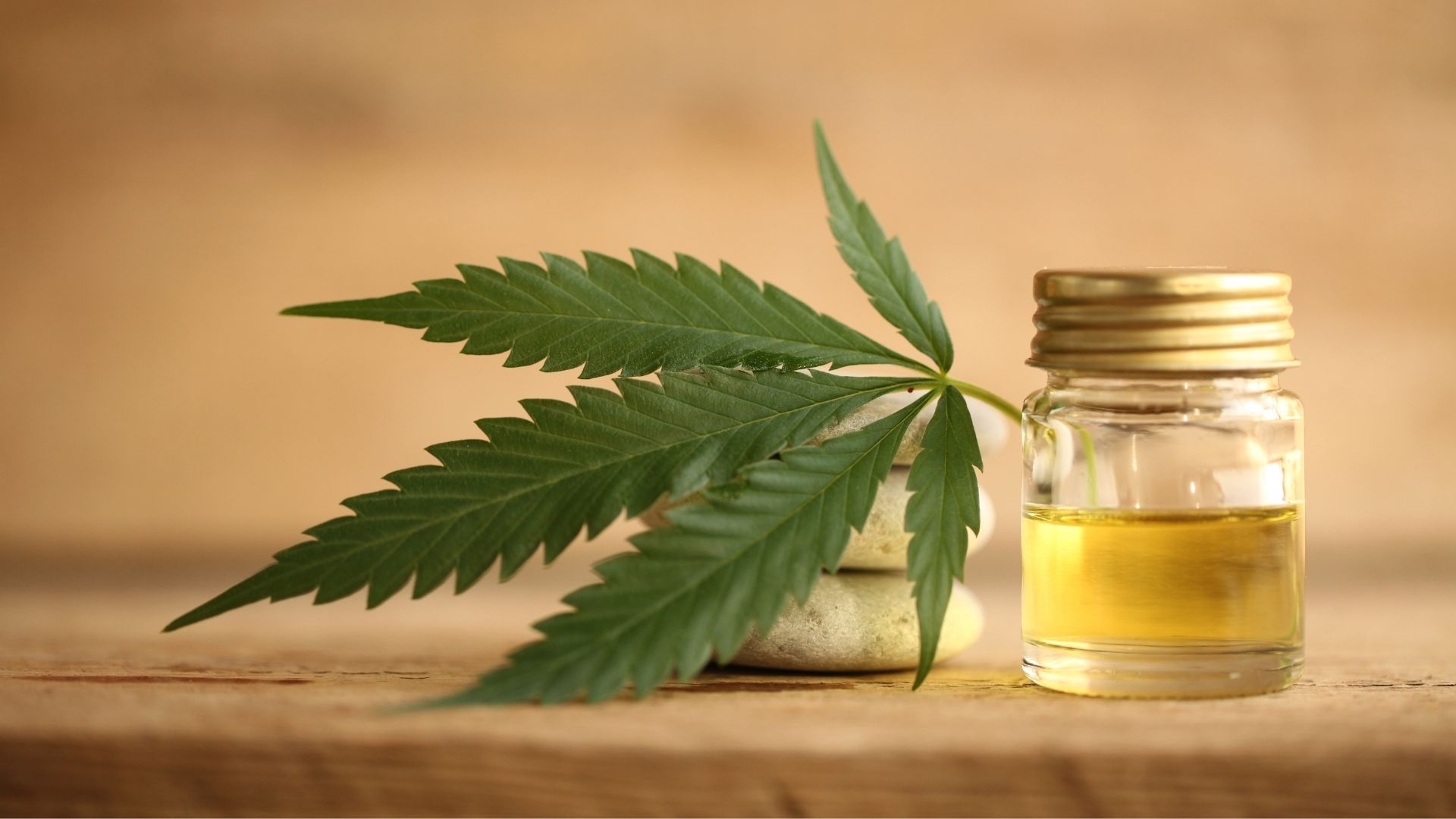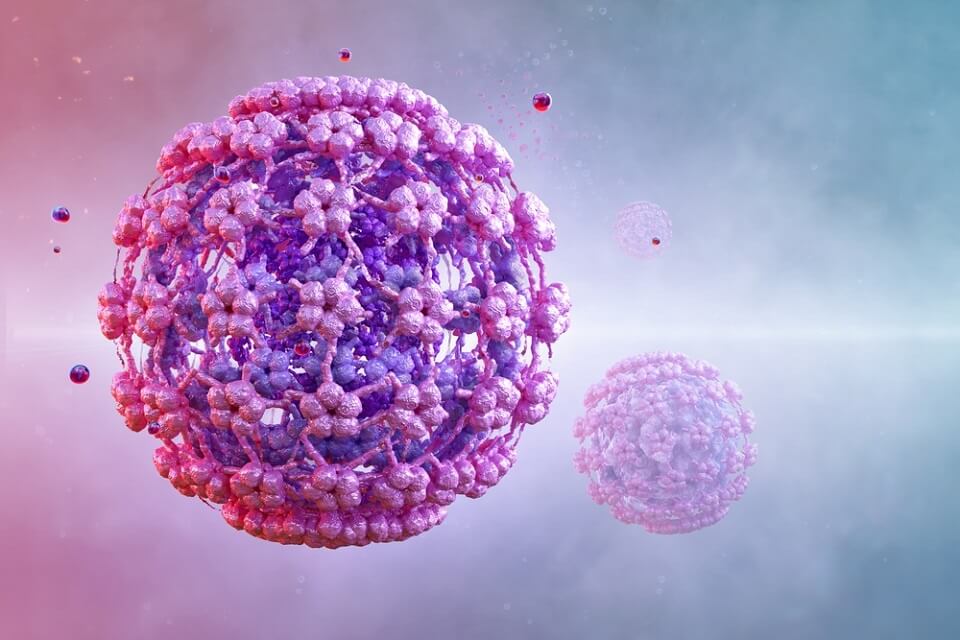
Researchers aim to improve access to cervical cancer screening for physically disabled people
A team of researchers at Keele University that includes psychologists, GPs and nurses, are leading an innovative new study which aims to help physically disabled women better access smear tests. It is hoped that this will reduce cervical cancer rates.
The testing, which is also known as a smear test, can be really difficult for many people. It can be physically challenging for many people with a cervix and sometimes impossible. Not only that but misconceptions about disabled people can make access even harder.
Cervical cancer testing rates
There are more than 7 million disabled people in the UK who may be likely to have a higher risk of delayed diagnosis and dying from cancer due to lower screening uptake.
Removing these barriers could help ensure equal access to cervical cancer prevention. It could also mean early detection of cervical cell changes therefore reducing the number of deaths from cancer.
The study has been funded by the National Institute for Health and Care Research (NIHR). It is being conducted in collaboration with Jo’s Cervical Cancer Trust and patient representatives. The study will involve interviews and surveys with people who have physical disabilities or conditions that make cervical screenings challenging. The team will also interview GPs, nurses and reception staff to gain an understanding of the barriers posed by the process which will help to highlight solutions.
“We are very grateful to have received funding for such an important and largely overlooked issue and we look forward to working with stakeholders to improve the cervical screening experience for physically disabled women and people with a cervix, said Lead researcher Dr Sue Sherman, from Keele University’s School of Psychology.
“Everyone who is eligible for cervical screening should be able to access the test. Too often we hear from women who are unable to attend as a result of a disability or long-term condition, and this should not be the case. We’re thrilled to be teaming up with Keele University to help identify and address some of the barriers and stigmas that exist and ensure more women can reduce their risk of cervical cancer,” added Samantha Dixon, Chief Executive of Jo’s Cervical Cancer Trust.
Cervical cancer is caused by a virus called human papillomavirus (HPV) that causes changes to cells in the cervix. If this is left untreated, the HPV infection may turn into cervical cancer. Smear tests can help to determine treatment before cells turn cancerous if HPV is detected.
How to get involved with the cervical cancer study
Do you have a physical disability/ impairment or long-term physical condition? Does this mean that cervical screening is hard or impossible for you to take part in?
Would you like to join our project group? What does this involve?
- This is a virtual study and will involve you attending a few online meetings throughout the project:
- You will be reimbursed for your time.
- The project is expected to last 2.5 years
If you are interested take in the road, please complete the following form/ scan QR code:
https://forms.office.com/e/bVJAmWveyb
Or
For further information an expression of interest, please e-mail doctor Emma Kemp (e.j.kemp@keele.ac.uk)
Read more on cervical cancer and Deaf awareness



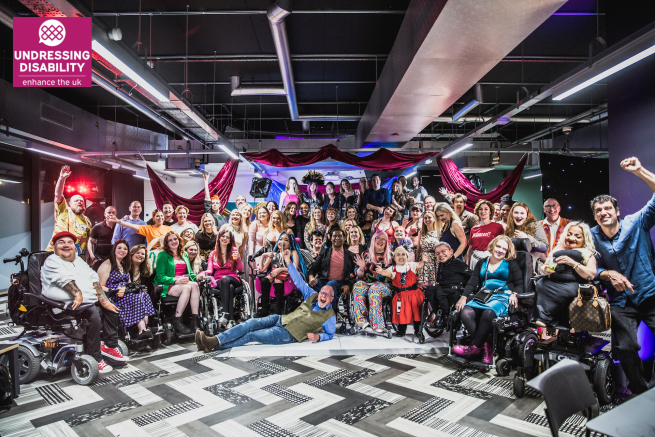
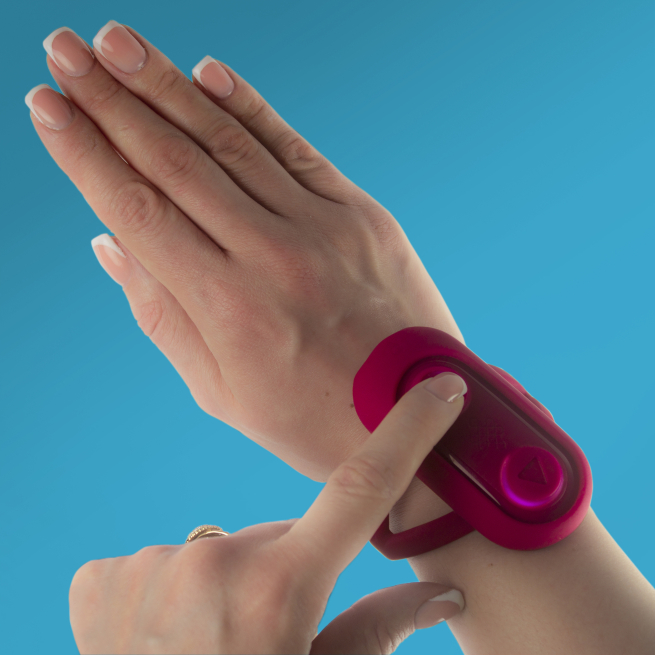

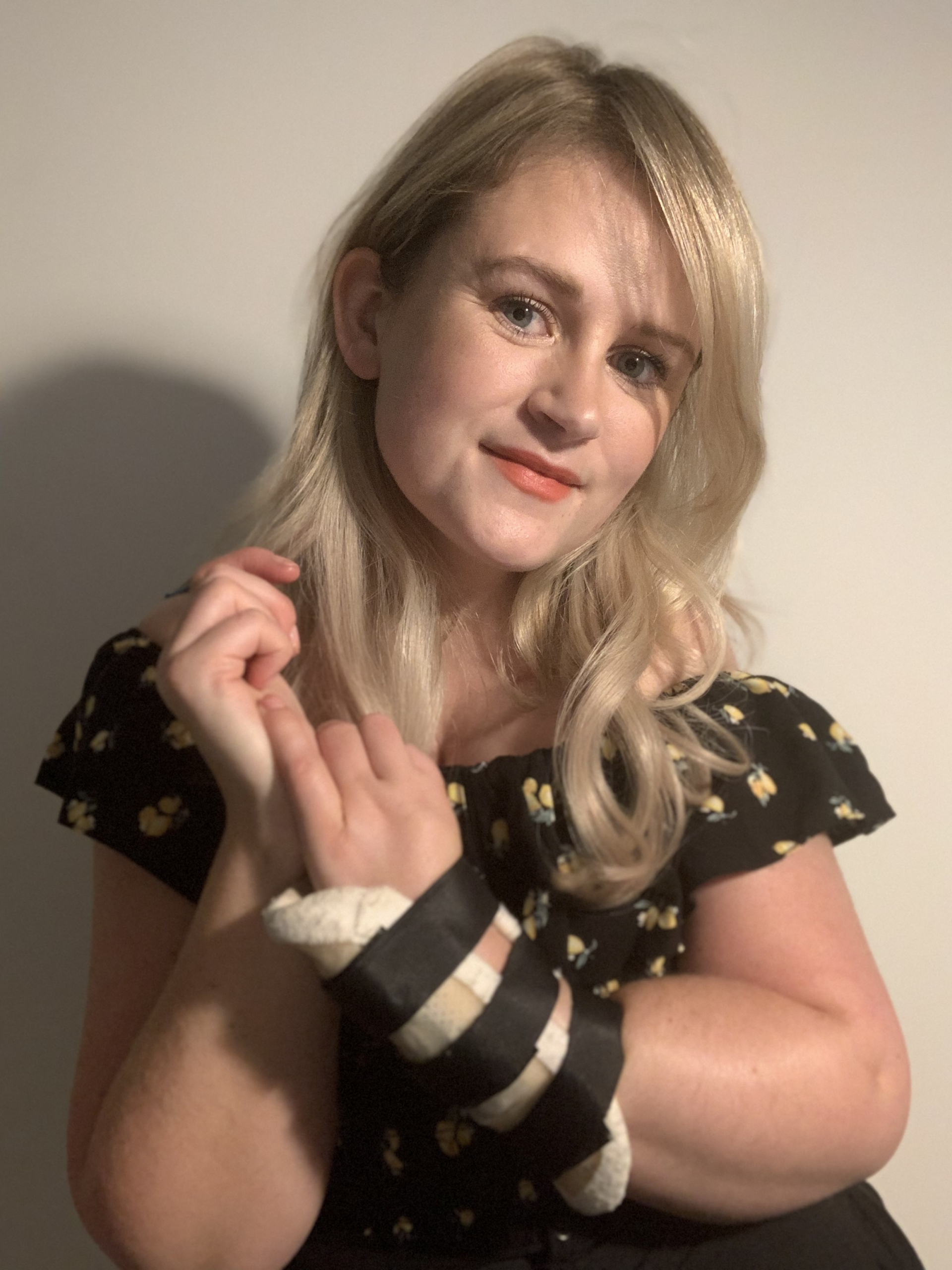
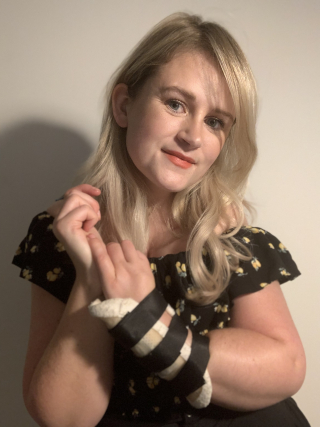 In the past, if a doctor hasn’t heard of Holt-Oram they have generally blamed me by insisting that the symptoms I’m describing are psychological. Due to such little knowledge, a lot of the paediatric doctors I met refused to accept that their awareness was limited. This caused a huge neglect in my care, and worsened my symptoms as they remained untreated. As I’ve got older, awareness has improved and I finally have a great team of specialists – but it’s taken years of fighting to get this far.
In the past, if a doctor hasn’t heard of Holt-Oram they have generally blamed me by insisting that the symptoms I’m describing are psychological. Due to such little knowledge, a lot of the paediatric doctors I met refused to accept that their awareness was limited. This caused a huge neglect in my care, and worsened my symptoms as they remained untreated. As I’ve got older, awareness has improved and I finally have a great team of specialists – but it’s taken years of fighting to get this far.
